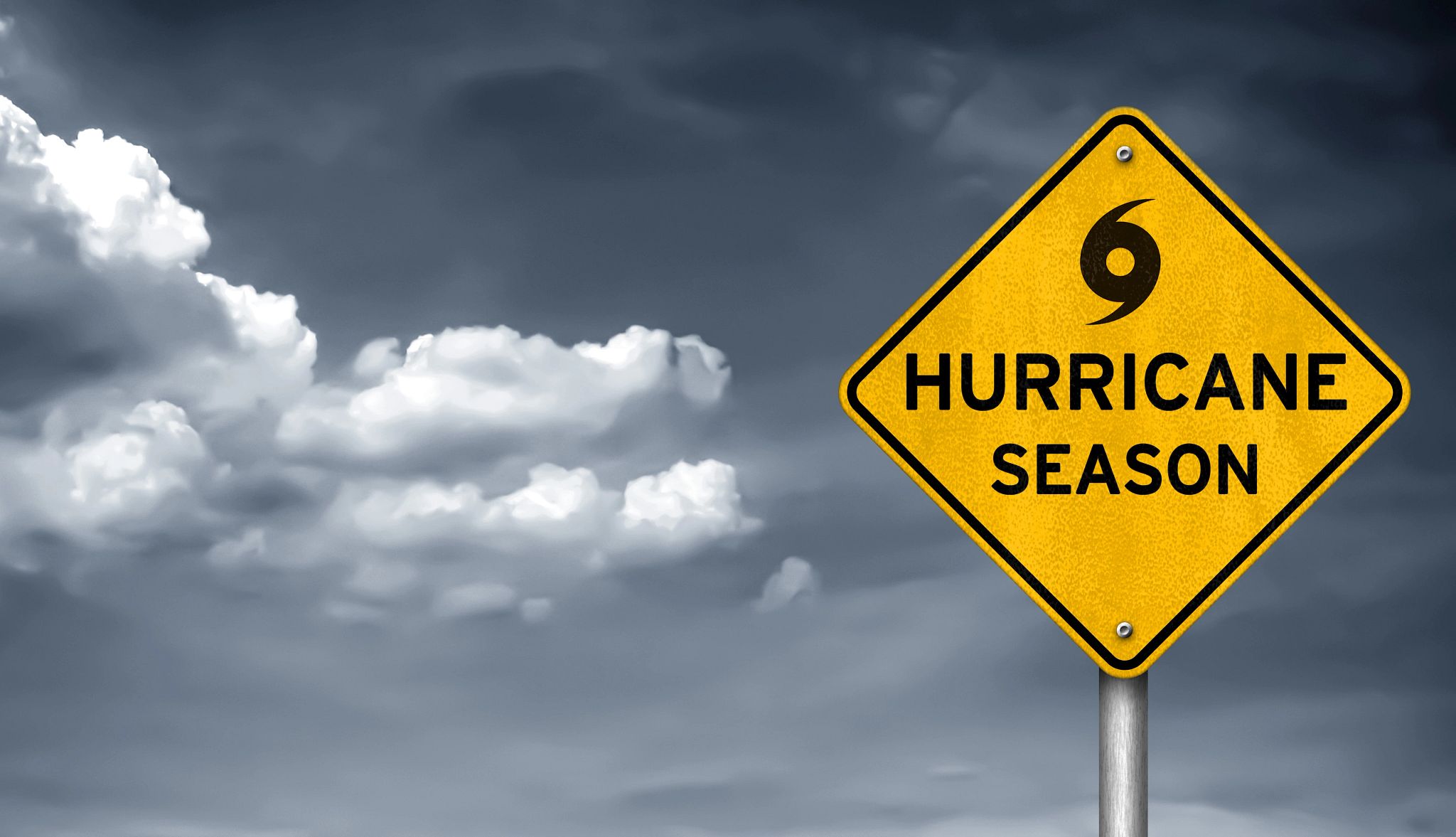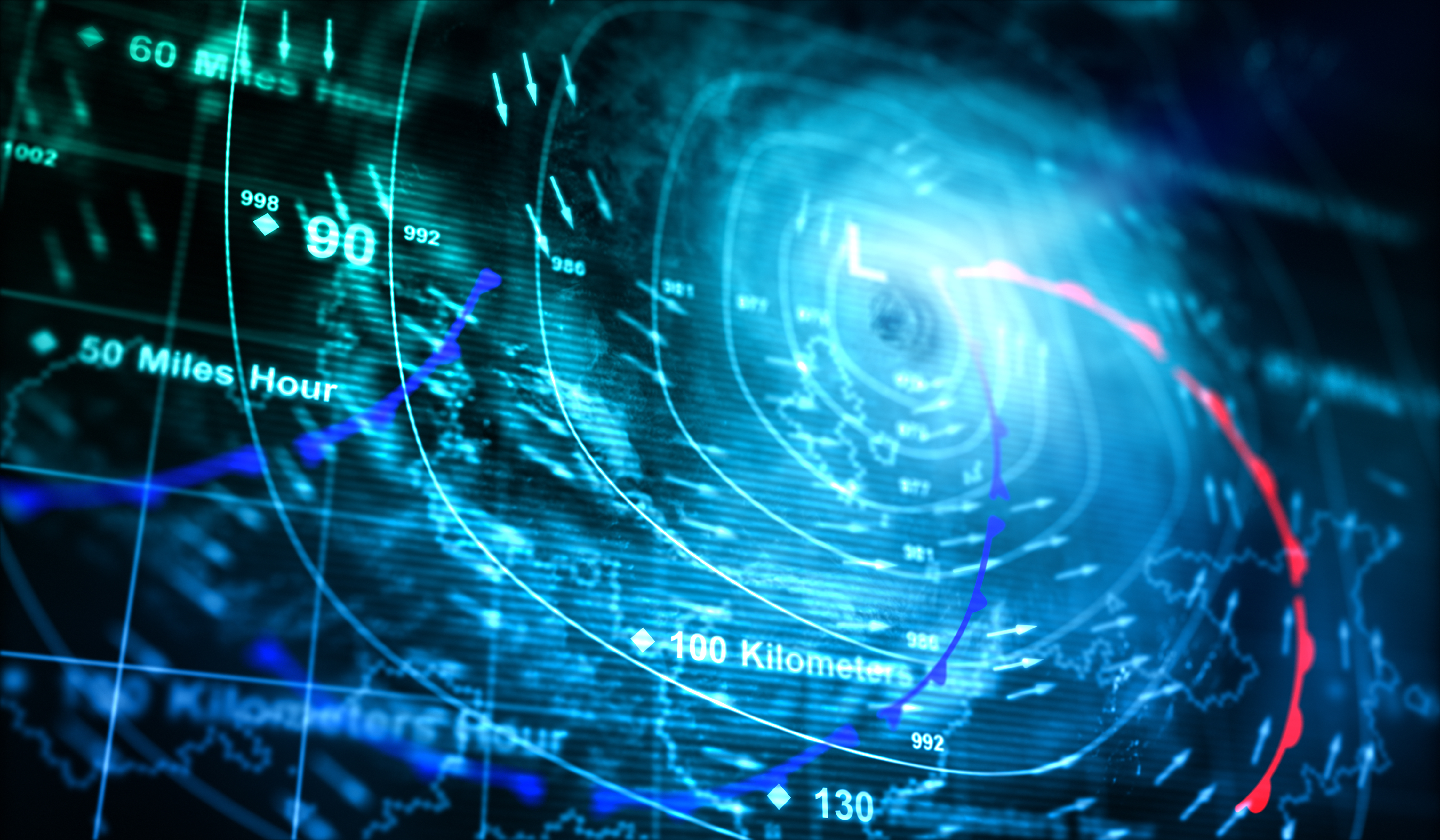AARP Hearing Center

Hurricane Season is here, and the NOAA is predicting an above-average 2025 Atlantic hurricane season, with a 60% chance of an above-normal season. They expect 13 to 19 named storms, 6 to 10 hurricanes, and 3 to 5 major hurricanes.
AARP Louisiana has partnered with local organizations to provide up-to-date information and resources to help you stay safe before, during, and after a storm.
Video Resources:
Hurricane Prep in Louisiana: AARP Talks with Red Cross CEO Kenneth St. Charles
AARP Hurricane Emergency Preparedness Town Hall
Avoiding Fraud After a Hurricane: Interview with the Better Business Bureau
5 Quick Things to Prepare for a Natural Disaster
Here are a few steps you can take right now to get prepared.

Check on Your Neighbors: It’s a great time to check in with neighbors, especially those who might need extra assistance. Ensuring everyone has a plan and the resources they need can significantly affect their safety and well-being.

Generator Safety: If you plan to use a generator, ensure its placed outdoors in a well-ventilated area away from windows and doors. Never run it indoors or in enclosed spaces, as this poses a risk of carbon monoxide poisoning. Always follow the manufacturer's instructions and keep fuel stored safely. Watch this safety video from the Baton Rouge Fire Department for additional tips.

Prepare a Go-Bag: Assemble a go-bag with essential items such as medications, important documents, a flashlight, batteries, non-perishable food, and water. This bag should be easily accessible in case you need to evacuate quickly. Refer to our detailed list of Go-Bag essentials for guidance.

Beware of Contractor Fraud: After the storm, be cautious of offers from contractors who appear suddenly and offer quick repairs. Verify credentials, check references, and be wary of upfront payments. It’s often safer to work with established, trusted companies. Watch our interview with the Louisiana State Licensing Board for more tips on working with contractors.

Stay Informed: Keep up with local news and weather updates through reliable sources. Stay tuned to local TV, radio, or online news outlets for the latest information and instructions from local authorities.

Create a Family Disaster Plan: Ensure all family members are aware of whom to contact and where to meet in case of an emergency. Share and familiarize everyone with the plan and emergency contact numbers.
Key Numbers: Prioritize communication by noting down essential numbers, including those of family members and service providers. Safeguard these numbers outside of your regular contacts list in case of phone loss, damage, or prolonged power outages.
Inventory Your Belongings: Document your possessions before a disaster strikes to facilitate insurance claims. Capture detailed videos or photos of each room in your home to create a comprehensive inventory.
Protect Important Documents: Safeguard vital documents to streamline the recovery process post-disaster. Store physical copies in sealed plastic bags, create digital backups in cloud storage, and exchange duplicates with trusted friends or family members residing outside the affected area.
Download Our Emergency Preparedness Checklist: English | Spanish
Additional Resources
American Red Cross of Louisiana
Get a Game Plan Louisiana
State Of Louisiana Governors Office of Homeland Security (GOHSEP)
Federal Emergency Management Agency (FEMA)
National Hurricane Center
National Weather Service
Ready.gov Emergency Kit Guide
Centers for Disease Control (CDC)
Louisiana State Licensing Board for Contractors
Better Business Bureau of South Central Louisiana
Louisiana Attorney General































































